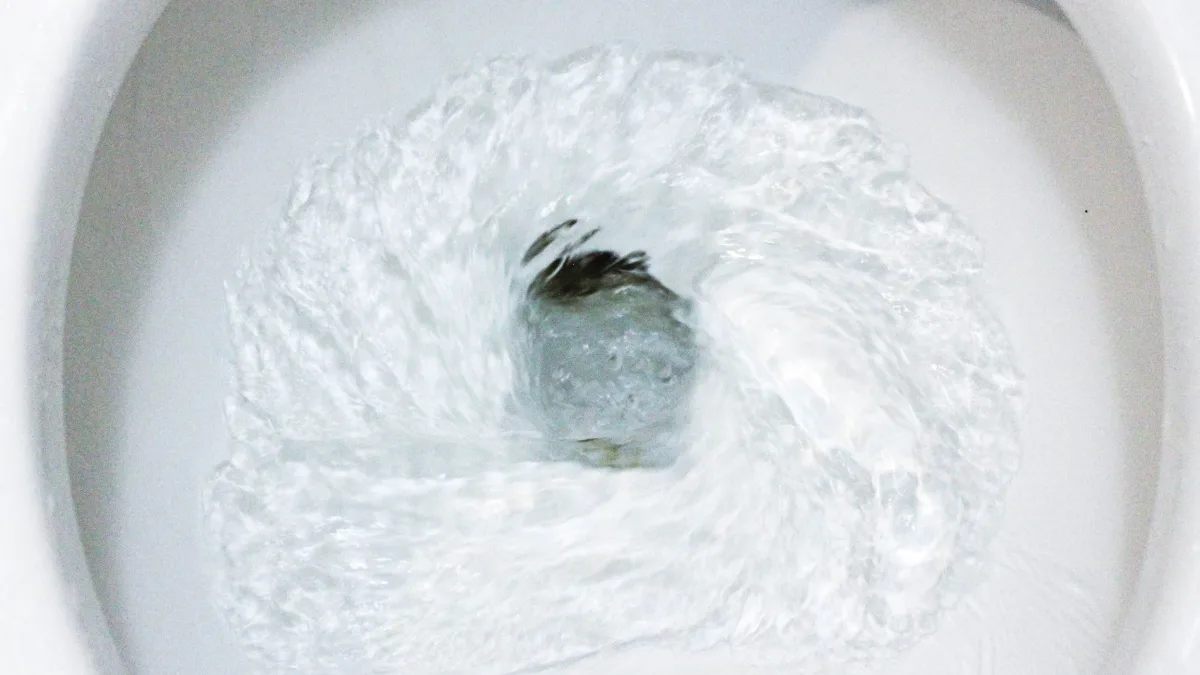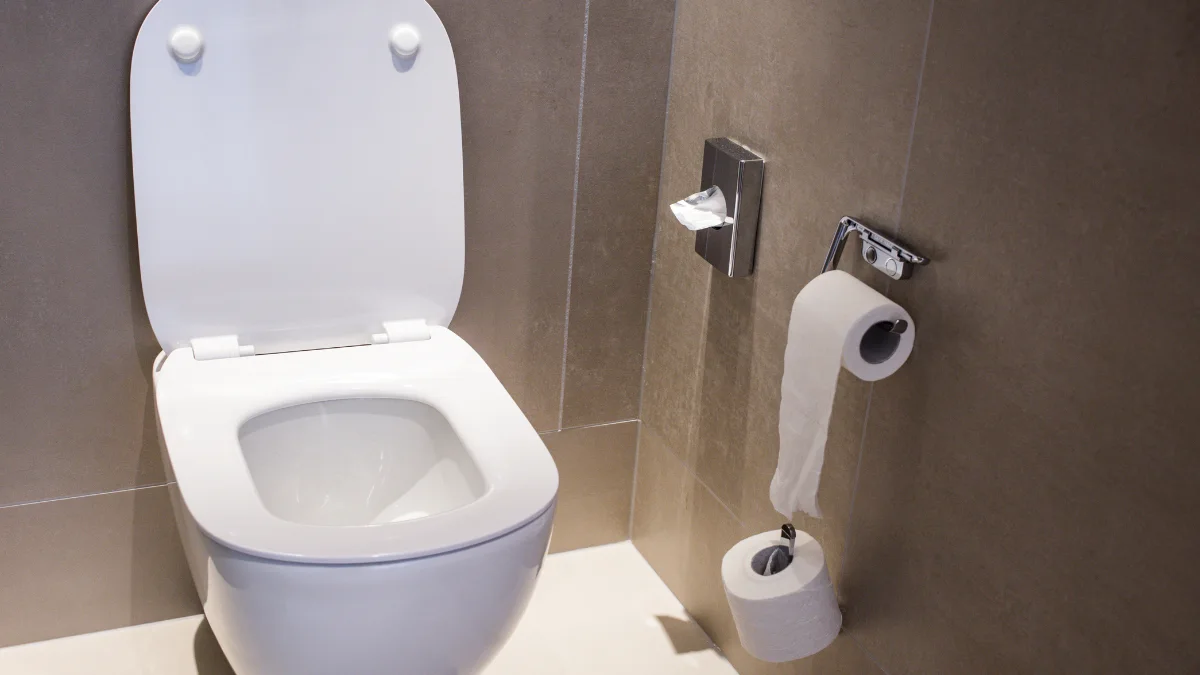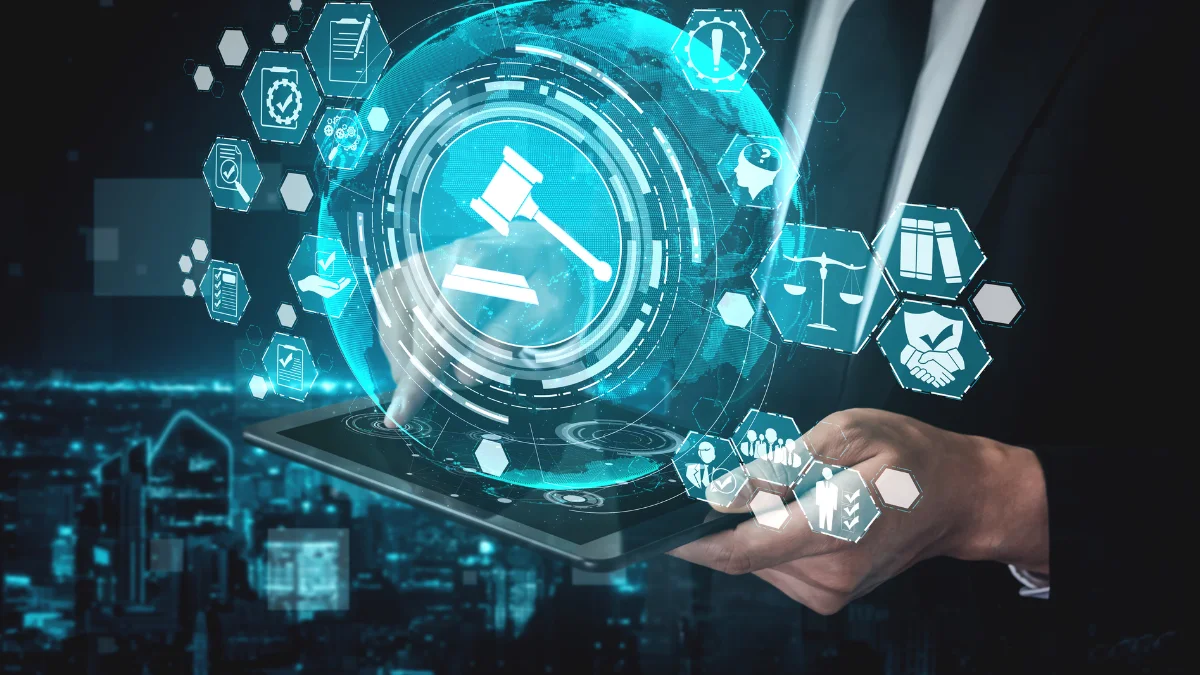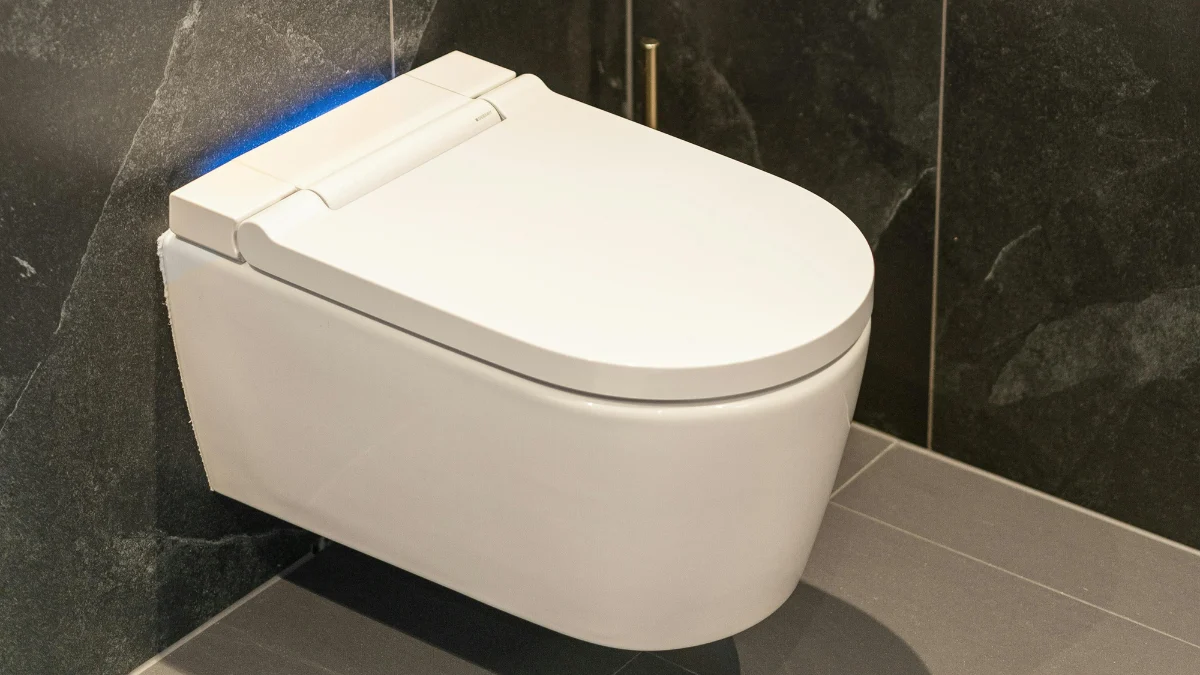Smart closets are part of a smart home appliance that allows you to adjust the seat temperature, to remote settings by connecting to a smartphone application.
Equipped with many features and advantages, of course, smart closets are an option worth considering moving from regular closets.
Are you familiar with the features and benefits of smart closets? This article will discuss the definition, features, benefits, and regulations of smart closets in Indonesia.
What is Smart Closet?

Smart closets are an evolution of conventional closets, equipped with technology that aims to provide greater comfort, hygiene, and efficiency. This is realized through features such as sensors that recognize the user’s presence, remote control, heated seats, automatic flushing systems, and bidet functions for personal cleansing.
The Features
In general, a smart closet is just like a regular closet, but with added digital connectivity features. Here are some features you can enjoy:
- Automatic Flush: By using a sensor, the toilet will automatically flush the water after use, eliminating the need to manually press the flush button.
- Adjustable Temperature: Users can customize the toilet as per individual preferences by adjusting the seat temperature, flush water, and drying wind.
- Bidet Function: Some devices are equipped with a bidet, which is a water-cleansing feature that serves to clean the intimate area after defecation.
- UV Sterilization: This feature uses UV light to kill bacteria and viruses in the closet, helping to maintain cleanliness and hygiene.
- Remote Control: The device can be controlled via a remote, allowing users to set various features without having to stand near the closet.
The Benefits

Using a smart closet provides quite a lot of benefits from convenience, and cleanliness, to better efficiency and technology that you enjoy, here are some of the benefits:
1. Cleanliness
You will get a cleaner impression when using this device, one of which is due to the UV sterilization system that can eliminate bacteria and germs in the toilet. The features of this device also make the lid and seat open or close automatically making the use unnecessary direct contact with the toilet.
2. Convenience
With the device, you are spoiled with various features for your convenience. For example, seat temperature that you can adjust, automatic flushing after use, and an automatic dryer to help maintain hygiene.
3. Efficiency and technology
With internet connectivity and controllability through mobile apps or other command devices, smart closets are more efficient to use. Some devices are also equipped with energy-saving features to reduce water and electricity consumption.
The Regulations in Indonesia

Smart Closet uses communication technologies such as Bluetooth or WiFi that operate within a specific frequency spectrum. In Indonesia, any Bluetooth or WiFi-based wireless device is required to have DJID (Directorate General of Digital Infrastructure) under the Ministry of Communication and Digital (KOMDIGI).
Smart closet regulations are based on KEPMEN No. 260 Tahun 2024 and No. 12 Tahun 2025, which require all Bluetooth or WiFi-based devices to meet specific technical standards before being sold in the country.
The DJID certification ensures that the product meets government safety and quality regulations and does not interfere with other communication devices. The certification process involves technical testing, such as frequency adjustments, safety checks, and compatibility with the surrounding environment.
Once the tests are completed, products that pass are listed in a Test Result Report, which confirms that the product is safe and ready for sale in Indonesia. This report reassures customers that the product meets technical standards and is secure.
For companies wanting to sell smart closets in Indonesia, our type approval services are available to assist with this process. This service includes preparing technical and legal documents, conducting required testing, ensuring compliance with regulations, helping companies streamline the certification process, and giving consumers confidence in certified products. [UN]

